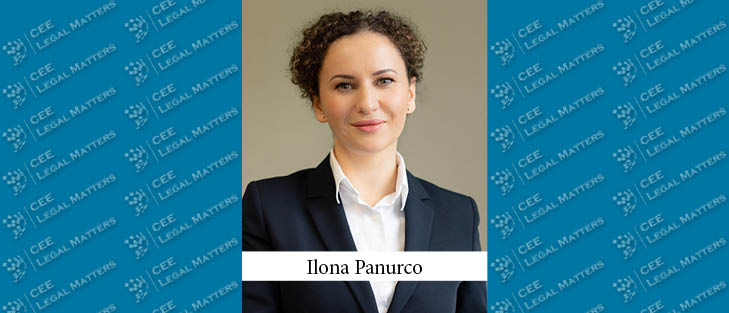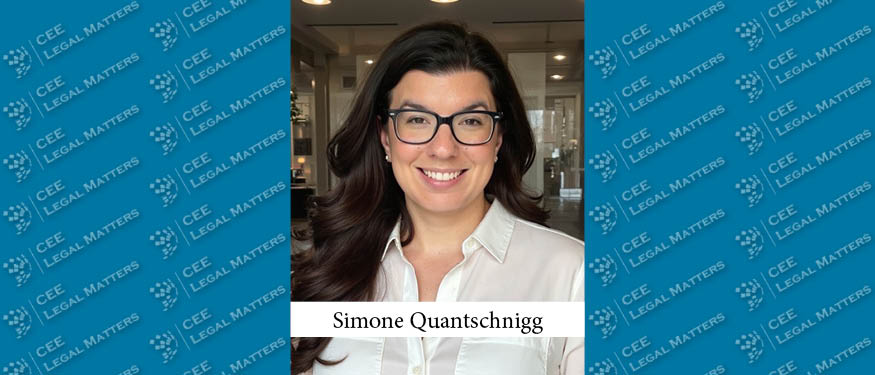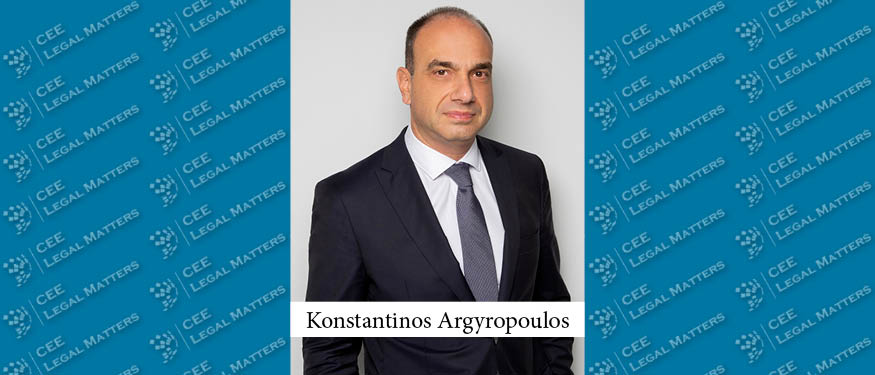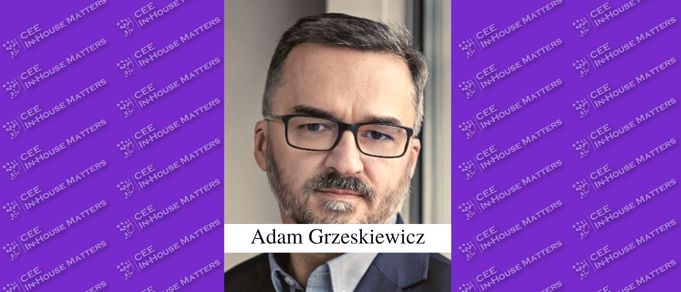Moldova is in the process of implementing substantive legislative changes, according to PwC Legal Head in Moldova, Ilona Panurco, who outlines the country’s efforts to align with EU acquis, including updates in digital, environmental, and financial regulations.
“Moldova’s EU candidate status has been a pivotal moment that has driven both the government and businesses to prioritize aligning with EU acquis,” Panurco explains. “The country is currently in the midst of a legislative screening process, which involves not only attracting businesses and addressing technical requirements across various sectors but also continuously adapting to changes in both EU and local laws.” For businesses, Panurco notes, “staying compliant is a significant challenge, as they must navigate this evolving landscape.”
Among the positive trends, Panurco emphasizes “the widespread digitalization of public services, which has been warmly welcomed by the business community.” She also highlights the expansion of environmental regulations, noting that “businesses are now subject to the Extended Producer Responsibility framework, requiring producers of recyclable packaging and importers of materials like glass and plastic to comply with regulations and pay related fees.”
“Another critical area of reform has been the anti-money laundering legislation, which has undergone significant updates,” Panurco adds. “These changes affect sectors such as telecommunications and legal services, as well as corporate procedures overseen by the Agency of Public Services. The reforms have introduced stricter, more detailed requirements, pushing businesses to adapt quickly.”
Panurco also points to the recent adoption of legislation transposing the GDPR in Moldova. “The law, approved in July, will come into force in two years, providing businesses with a transition period to ensure compliance. We expect it will bring significant changes in how companies interact with state authorities.”
Assessing the economic impact of these reforms in terms of compliance, Panurco says, “it’s hard to quantify. Businesses were given time to adjust to the introduction of transfer pricing rules, but AML legislation’s amendments were implemented swiftly, requiring quicker adaptations. These legislative novelties haven’t dramatically slowed business, however, this is due to the business’s adaptability and allocation of extra resources, in terms of financials, time, and human resources.”
In addition to legislative reforms, Panurco highlights other significant developments. “In the renewable energy sector, Moldova made a substantial leap by launching its first-ever tender for big volumes of renewable energy in the summer of 2024. Other crucial reforms in the energy sector, affecting the trading rules in Moldova are implemented.”
On the investment front, Panurco points out that the government is focusing on boosting domestic investment. “This September, the Ministry of Finance launched an online platform that allows citizens to purchase state shares – an ambitious and unprecedented move. The platform offers citizens the opportunity to invest in state assets with favorable interest rates. There are significant efforts by the government to develop the local capital market, while businesses are targeting foreign and local capital markets to attract investments while endowing heavily in their attractiveness and transparency.”
















